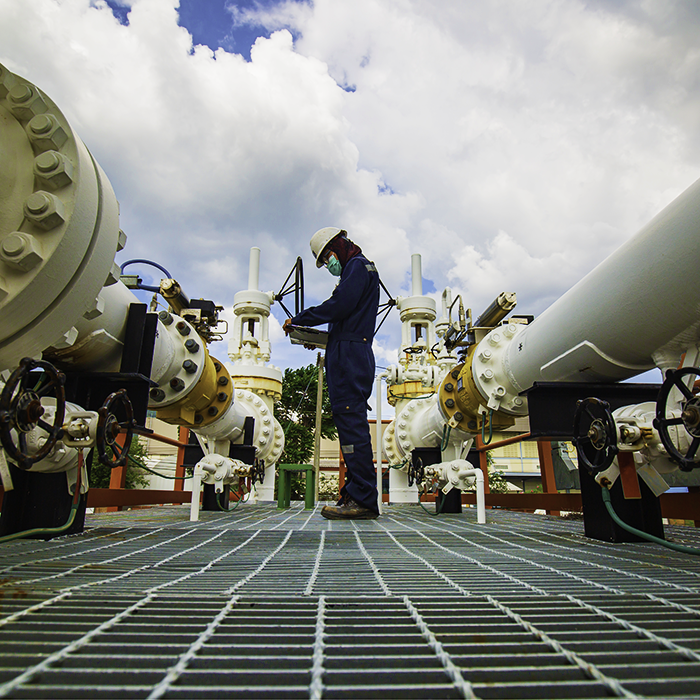The oil and gas industry relies on subsea pipelines and equipment to transport and store valuable resources, such as oil and natural gas. However, these pipelines and equipment are subject to various hazards and stresses, including corrosion, damage from natural events, and water leaks. Subsea water leakage detection is a vital part of the oil and gas industry, as it helps to minimize the risk of damage to equipment and the environment, as well as prevent the loss of valuable resources.
What is Subsea Water Leakage Detection?
Subsea water leakage detection refers to the process of detecting and locating leaks in subsea pipelines and equipment. The goal of subsea water leakage detection is to minimize the risk of damage to equipment and the environment, as well as to prevent the loss of valuable resources. Subsea water leakage detection typically involves the use of specialized sensors and monitoring systems that can detect the presence of water in pipelines and other subsea equipment. This information can then be used to locate the source of the leak and take appropriate action to repair the leak and prevent further damage
How Does Subsea Water Leakage Detection Work?
Subsea water leakage detection typically involves the use of specialized sensors and monitoring systems that can detect the presence of water in pipelines and other subsea equipment. These sensors and monitoring systems use various technologies to detect water, including acoustic sensors, optical sensors, and pressure sensors. Once the presence of water is detected, the data is analyzed to determine the location of the leak and size of the leak. In some cases, subsea water leak detection can be performed remotely, using remotely operated vehicles (ROVs) or autonomous underwater vehicles (AUVs) equipped with sensors.
Why is Subsea Water Leakage Detection Important?
Subsea water leakage detection is a critical part of the oil and gas industry, as it helps to minimize the risk of damage to equipment and the environment, as well as prevent the loss of valuable resources. Subsea pipelines and equipment are subject to various hazards and stresses, including corrosion, damage from natural events, and water leaks. Without proper subsea water leakage detection, these leaks can go undetected and cause significant damage, leading to equipment failure, environmental damage, and financial losses.
Conclusion
Subsea water leakage detection is a vital part of the oil and gas industry, as it helps to minimize the risk of damage to equipment and the environment, as well as prevent the loss of valuable resources. With the use of specialized sensors and monitoring systems, subsea water leak detection can detect the presence of water in pipelines and other subsea equipment, locate the source of the leak, and take appropriate action to repair the leak and prevent further damage. Effective subsea water leakage detection is crucial for ensuring the safe and efficient operation of subsea equipment and minimizing the risk of damage to the environment.
Sentech As Subsea Water Leakage Detections.
The Sentech Subsea Water Leakage Detector provides the earliest possible alarm of any water ingress into an SCM, and also allows operators to monitor the exact level of unwanted water. This allows operators to evaluate the situation and balance the cost of any additional, unplanned subsea operation vs. the risk of future shut-down and prolonged production losses:
- Is it safe to continue production until the next planned subsea operation?
- Is it necessary to plan for retrieval and replacement ASAP to avoid a premature shutdown?



0 Comments